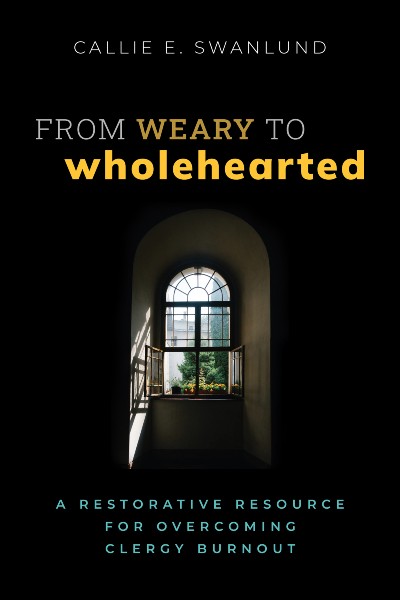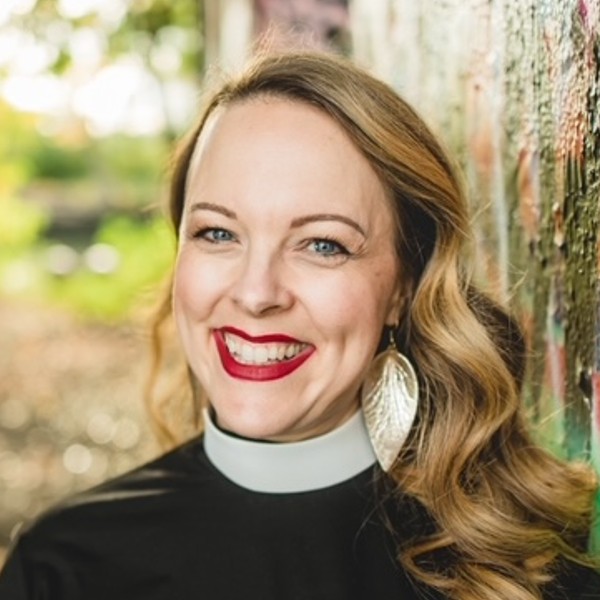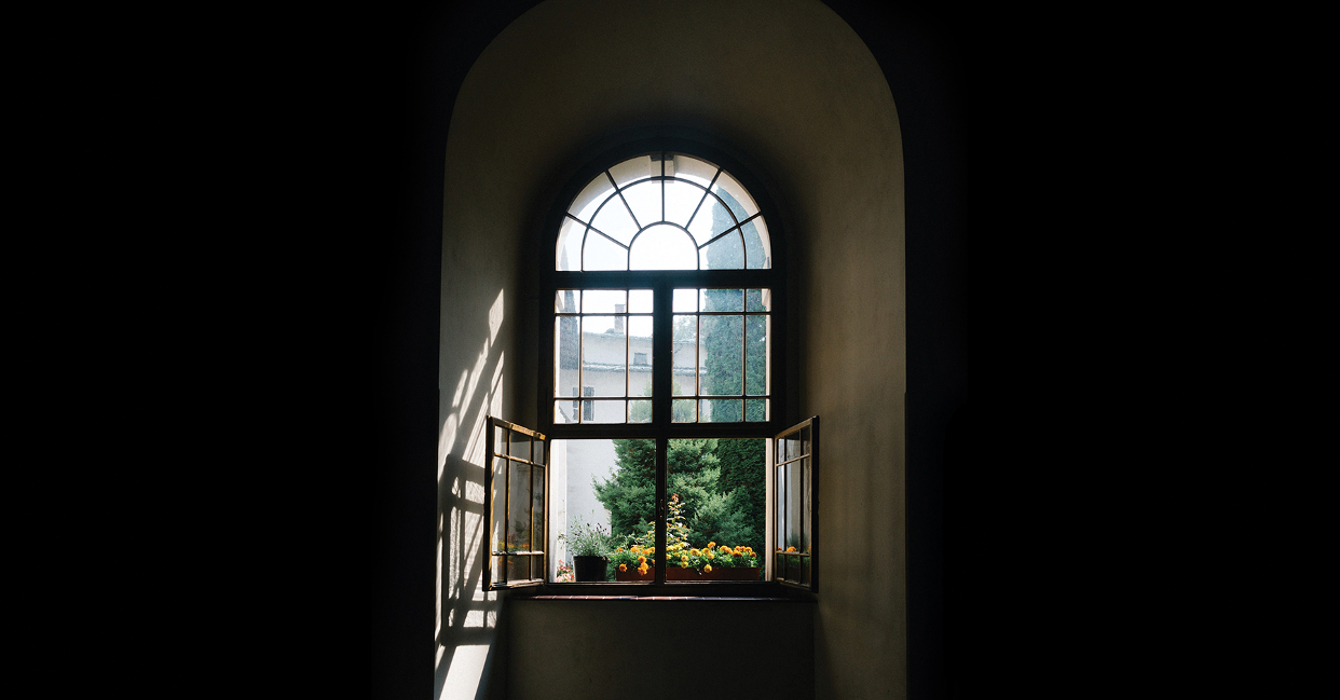Just Say No
We cannot live in a world that is not our own, in a world that is interpreted for us by others. An interpreted world is not a home. Part of the terror is to take back our own listening, to use our own voice, to see our own light.
— Hildegard of Bingen
“I’d rather walk my pet python,” I declared proudly. When I was in third grade, my school sent home a list of phrases we could practice for saying no to drugs, things like: “No thanks, I prefer milk.” I remember sitting at the dinner table with my beloved stepparent Dave, role-playing these scenarios. Thirty years later, I still remember our favorite: I’d rather walk my pet python.
There are many times when I wish I still had a list of practiced phrases to get me out of certain situations — social invitations, conversations with over-sharers, or an opportunity that looks good on paper but doesn’t fill me with joy. I’ve spent time with my coaching clients, coming up with a similar list catered to them, and doing just what I did in grade school long ago: practicing saying no.
For the past few years, I’ve been asking what I call the Scandalous Question to folks in ministry. At first, I found myself whispering it, even if I was alone with one other person: What would it look like for you to say yes to more of the things you love in your ministry/job/vocation, and say no to the ones that simply don’t give you life or complement your gifts?
It’s scandalous because we’re taught not to question or push back against the things we don’t like or at which we feel inadequate in our jobs. To wonder aloud about a new way of living into our vocation might invite disapproval from seasoned practitioners or our own inner critics, and perhaps judgments that we aren’t well-suited for our roles.

I think it’s valuable to ask the Scandalous Question anyway! It’s valuable because we’re each equipped with a myriad of gifts, but no one person holds the same passions and skill sets as another. I often say that if we were all created with the same gifts, this world would be an incredibly inefficient and boring place. Each tax season, I gladly hand off my tax documents to a CPA. Am I capable of doing my own taxes? Yes. Is it the best use of my time or the best plan for mitigating overwhelm? Most definitely not. On the other side, I imagine there are many CPAs out there who would be terrified to sit by the bedside of a dying stranger or engage in public speaking. Setting aside the things that aren’t our gifts opens up the opportunity for someone else.
Another reason for asking the Scandalous Question is that on the other side of every no is a yes. What are we opening ourselves up to when we set something else aside? What spaciousness might we step into or rest might we claim or new passion might we discover?
Earlier this year, I was at the Philadelphia Eleven film premiere; this documentary follows the first women to be ordained priests in The Episcopal Church in 1974. Several of the priests ordained in 1974 and 1975 were present at the premiere and held a panel Q&A afterward. I asked the women if they had any sage advice on burnout for those of you for whom I am writing this book. They certainly did, and some of it is sprinkled throughout these pages. But it was the unasked-for advice that stuck with me the most. A woman came up to me after the panel and said, “I heard your question about burnout. I think what you’re describing is just called being an adult.” She associated maturity with doing things that are emotionally and physically burdensome. She’s not alone in that assumption. My question is whether we need to accept the premise that doing things well will inevitably wear us down.
My caveat with the Scandalous Question is this: There’s always laundry to be folded. There will always be tasks that aren’t our favorite but are necessary. But are we putting way too many responsibilities into that category?
After graduating from seminary, I taught high school for a year. The learning curve was steep, I loved it more than I had imagined I would, and I was utterly exhausted.
Every afternoon in my classroom, I packed two or three bags to overflowing. They contained my gradebook, lesson plans, student portfolios, instructor texts, and more. When I walked in my front door each evening, I let my heavy bags drop to the floor with a thud. The next morning, I found them in the same exact spot and threw them over my shoulder, my bags completely untouched except for my newly packed lunch.
I had great intentions of grading those papers and writing those lesson plans each evening, but I simply didn’t have the energy. That was work I completed on weekends. All I was doing by carrying those bags to and fro was giving myself a huge heaping of guilt … and back pain.
Several months in, I had a frank conversation. I told myself that I could keep up this ruse and feel awful, or I could admit the truth and cost myself a lot less burden.
So I laid down my bags. I stopped schlepping misaligned intentions back and forth every day. I leaned into true rest each evening.
Like perpetually snoozed alarms and incomplete items left on your to-do list for ages, sometimes you need to be frank with yourself. Sometimes you need to let something go to make space for growth or rest. When you aren’t honest with yourself and others about your capacity, overwhelm waits in the wings, ready to swoop in.
Setting boundaries and asking for what we need go hand in hand. There have been many points in my life where I’ve hedged an ask, giving people an out before I had even spoken my request. I’d say things like, “I wonder if maybe it would be possible for you to help me out, if it isn’t too much of a burden. No worries if not!” Unsurprisingly, I said these things when I was the one who had trouble saying no. As I’ve gotten better at setting my own boundaries, I’ve learned to trust that other people can set their own boundaries as well. This allows me to make a bold ask and then believe the other person when they respond with a gracious yes or no.
People with poor boundaries don’t always receive boundaries well, nor do people who previously benefitted from our poor boundaries. Many of us are socialized to believe that when we set boundaries or ask for what we need, we might hurt other people’s feelings. And yet, we’re all served by modeling and respecting good boundaries.
Reflection Questions
What would it look like for you to say “yes” to things that align with your passions and “no” to those that don’t? How might this change your ministry or personal life?
In what areas of your life are you feeling overwhelmed by “shoulds?” What is one thing you can say no to this week to make space for something that brings you joy or rest?
Excerpted from “From Weary to Wholehearted: A Restorative Resource for Overcoming Clergy Burnout,” by Callie E. Swanlund (Church Publishing, 2024). Reprinted with permission.



















